We have oversold and are working to catch up with our customers' needs as soon as possible. Please excuse us. Sorry for the inconvenience.
Please stay tuned for Kenko Mizu v2.0
This email address is being protected from spambots. You need JavaScript enabled to view it.
Look and Feel
10 years Younger!
Look and feel 10 years older, in 20 years.
Look and feel
10 years older,
in 20 years.
Must Watch
Safety & Health
Benefits of Hydrogen
By Dr. Garth L. Nicolson, Nobel Prize Nominee.
The Institute for Molecular Medicine.
Groundbreaking. Potent. Therapeutic
Deoxidized Molecular Hydrogen
The Next Revolution in Health is Here.
Deoxidized Hydrogen is an extraordinary natural antioxidant. Because of its small
molecular weight and size, it can be rapidly absorbed into the body.
molecular weight and size, it can be rapidly absorbed into the body.

01
Unleash the Power of Hydrogen
Hydrogen's small size allows for rapid penetration of cells, giving swift energy and protection to the cells’ mitochondria and providing antioxidant protection to DNA.

Hydrogen targets and neutralizes damaging free radicals
The lightest and smallest element
It is the most abundant element in the universe since it is part of 75% of the cosmic components and is the building block of all other elements.
The ultimate smart molecule
Hydrogen acts as a therapeutic antioxidant by selectively neutralizing free radicals.
02
What is Oxidation?
-
Oxidation is any chemical reaction that involves the moving of electrons.

01
When iron reacts with oxygen it forms rust, because it has been oxidized.
02
Oxidation is the opposite of reduction, also referred to as Antioxidation.
03
A oxidation always comes together with an reduction.
04
The strongest known oxidizer is Oxygen.

Fig. 2A. The substance that gives away electrons is oxidized.
2.1
What is ROS?
-
A Reactive Oxygen Species or ROS (formerly free radicals) are chemical
species characterized by having one or more unpaired electrons.

The strongest known oxidizer is Oxygen
01
ROS are formed during chemical reactions, from the breakdown of a molecule.
02
In general they are extremely unstable and therefore have a great reactive power.
Radicals
O2·- |
Superoxide |
·OH |
Hydroxyl |
RO2· |
Peroxyl |
RO· |
Alkoxyl |
HO2· |
Hydroperoxyl |
Non Radicals
H2O2 |
Hydrogen Peroxide |
HOCI- |
Hypochlorous Acid |
O3 |
Ozone |
1O2 |
Singlet Oxygen |
ONOO- |
Peroxynitrite |
2.2
Which are the ROS Generators?

UV Exposure

Smoking

Stress
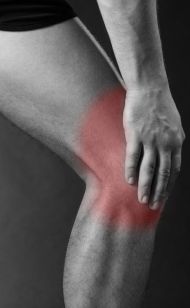
Extreme Exercise

Radiation
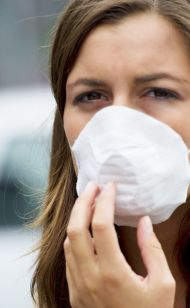
Pollution

Inflammation

Metabolism
2.3
Which are the Reactive Oxygen Species induced Chronic Diseases?
Kidney
Renal Graft
Glomeruloneph
Glomeruloneph
Skin
Burn
Dermatitis
Psoriasis
Dermatitis
Psoriasis
Heart
Angioplasty
Keshan Disease
Keshan Disease
GI
Ischemic Bowel
Endotoxin Liver
Injury
Endotoxin Liver
Injury
Lung
Asthma
ARDS
Hyperoxia
ARDS
Hyperoxia
Brain
Trauma
Stroke
Neurotoxins
Parkinson's Disease
Alzheimer's Disease
Stroke
Neurotoxins
Parkinson's Disease
Alzheimer's Disease
Vessel
Vasospasm
Atherosclerosis
Atherosclerosis
Eye
Degenerative Retinal Damage
Cataractogenesis
Cataractogenesis
Joint
Rheumatoid Arthritis
Multiorgan
Radiation, Aging, Cancer, Inflammatory, Immune
Injury, Inschemia, Reflow, Diabetes.

Skin
Burn
Dermatitis
Psoriasis
Dermatitis
Psoriasis
Heart
Angioplasty
Keshan Disease
Keshan Disease
Lung
Asthma
ARDS
Hyperoxia
ARDS
Hyperoxia
Brain
Trauma
Stroke
Neurotoxins
Parkinson's Disease
Alzheimer's Disease
Stroke
Neurotoxins
Parkinson's Disease
Alzheimer's Disease
Eye
Degenerative Retinal Damage
Cataractogenesis
Cataractogenesis
Kidney
Renal Graft
Glomeruloneph
Glomeruloneph
GI
Ischemic Bowel
Endotoxin Liver
Injury
Endotoxin Liver
Injury
Vessel
Vasospasm
Atherosclerosis
Atherosclerosis
Joint
Rheumatoid Arthritis
-
Skin
Burn
Dermatitis
Psoriasis -
Heart
Angioplasty
Keshan Disease -
Lung
Asthma
ARDS
Hyperoxia -
Brain
Trauma
Stroke
Neurotoxins
Parkinson's Disease
Alzheimer's Disease -
Eye
Degenerative Retinal Damage
Cataractogenesis -
Kidney
Renal Graft
Glomeruloneph -
GI
Ischemic Bowel
Endotoxin Liver
Injury -
Vessel
Vasospasm
Atherosclerosis -
Joint
Rheumatoid Arthritis
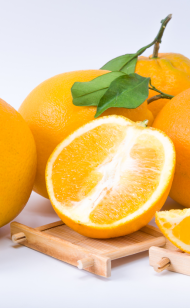
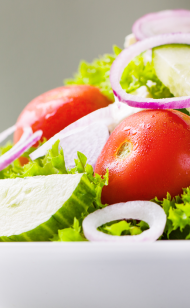
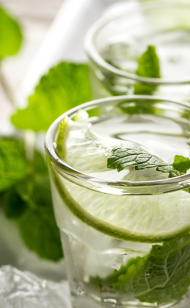
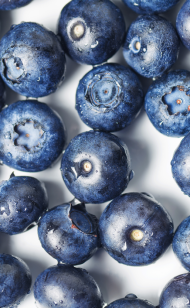
01
Most people know what types of foods contain antioxidants, but not what an antioxidant is in itself.
02
Several types of enzymes, vitamin C, E and beta-carotene, are well-known antioxidants.
03
Some know that they reduce the destruction caused by active oxygen.
We also know that antioxidants can slow aging and prevent some types of cancer.
3.1
Why can Antioxidants neutralize ROS?
An antioxidant is a molecule capable of retarding or preventing the oxidation of other molecules.

01
Oxidation is a chemical reaction of an electron transfer from a substance to an oxidizing agent.
02
Oxidation reactions produce free radicals that start chain reactions that damage cells.

Antioxidants end these reactions by removing free radical intermediates and
inhibiting other oxidation reactions by oxidizing themselves.
inhibiting other oxidation reactions by oxidizing themselves.
04
Why is hydrogen the most effective antioxidant?
Hydrogen can reach and pass through the cell membrane faster
and more efficiently than other substances.

01
There are some limitations in antioxidants. These particles are too large to be properly absorbed at a cellular level.
02
However, hydrogen, the essential antioxidant, is the smallest atom that exists.

In general, the brain has a cell membrane that blocks other substances to protect neurons.
Hydrogen is the only antioxidant that crosses the cerebrovascular barrier.
Hydrogen is the only antioxidant that crosses the cerebrovascular barrier.
What if you could prevent all chronic degenerative diseases?